Learning and Skills Teacher
Level 5
Course Summary
A Learning and Skills Teacher - LST - is what we call a ‘dual-professional’. This means they’ve already achieved competence in a specialist subject, and then subsequently trained as a teacher. This gives them a head start: they’ve often experienced real-world scenarios that they can pass onto their students, as well as specific knowledge relevant to the information they'll be teaching. LSTs are able to teach in different sectors too: education, adult education, offender learning, work-based training or the voluntary sector all lean on the skills of an LST.
-
Individual employers will determine the entry criteria, but this will typically include:
- GCSEs grade C/4 or above in maths & English.
- Other relevant qualifications or experience.
- Competence in a vocational/specialist subject at an appropriate level.
- Up-to-date knowledge of workplace practice.
- A willingness to continue to develop personal ICT skills to a level in line with the LST role.
- Reference to the Education and Training Foundation’s (2016) Minimum Core Guidance, and any subsequent updates
You have to be aged 16 years or over and must be working in the Digital sector for at least 30 hours a week.
You also need to be a resident in England and not in full-time education.
Candidates who have not achieved Maths, English and ICT skills at Level 2 (equivalent to GCSE Grade C/4 or above) prior to commencing their training, will need to achieve this before taking their end-point assessment.
-
A strong support network is crucial for learners looking to further their knowledge and skills: leaning on qualified teachers who have real-world experience and training is how students prosper. That’s what an LST offers students, and it’s why they’re invaluable on the learners journey.
Potential job roles include:
Curriculum manager
Head of department
Learning and development manager
Education consultant
Teacher trainer
Lead practitioner
-
Each day, LSTs will be working alongside colleagues and other EST professionals to support learner progress. This will include but isn’t limited to:
Planning and delivering lessons and workshops to students
Creating and adapting teaching materials, resources and assessments
Providing feedback and support to help students achieve their learning goals
Developing and maintaining relationships with students, colleagues and stakeholders
Monitoring and recording student progress and performance
To achieve final certification, the apprentice must pass their End-Point Assessment (EPA).
A pass in the EPA will demonstrate that the Apprentice can apply the knowledge, skills and behaviours required by the standard.
Talk to our team today
Ask our team a question about our courses, how to get started or anything else to do with The Colleges Partnership here, we will get back to you as soon as possible.

